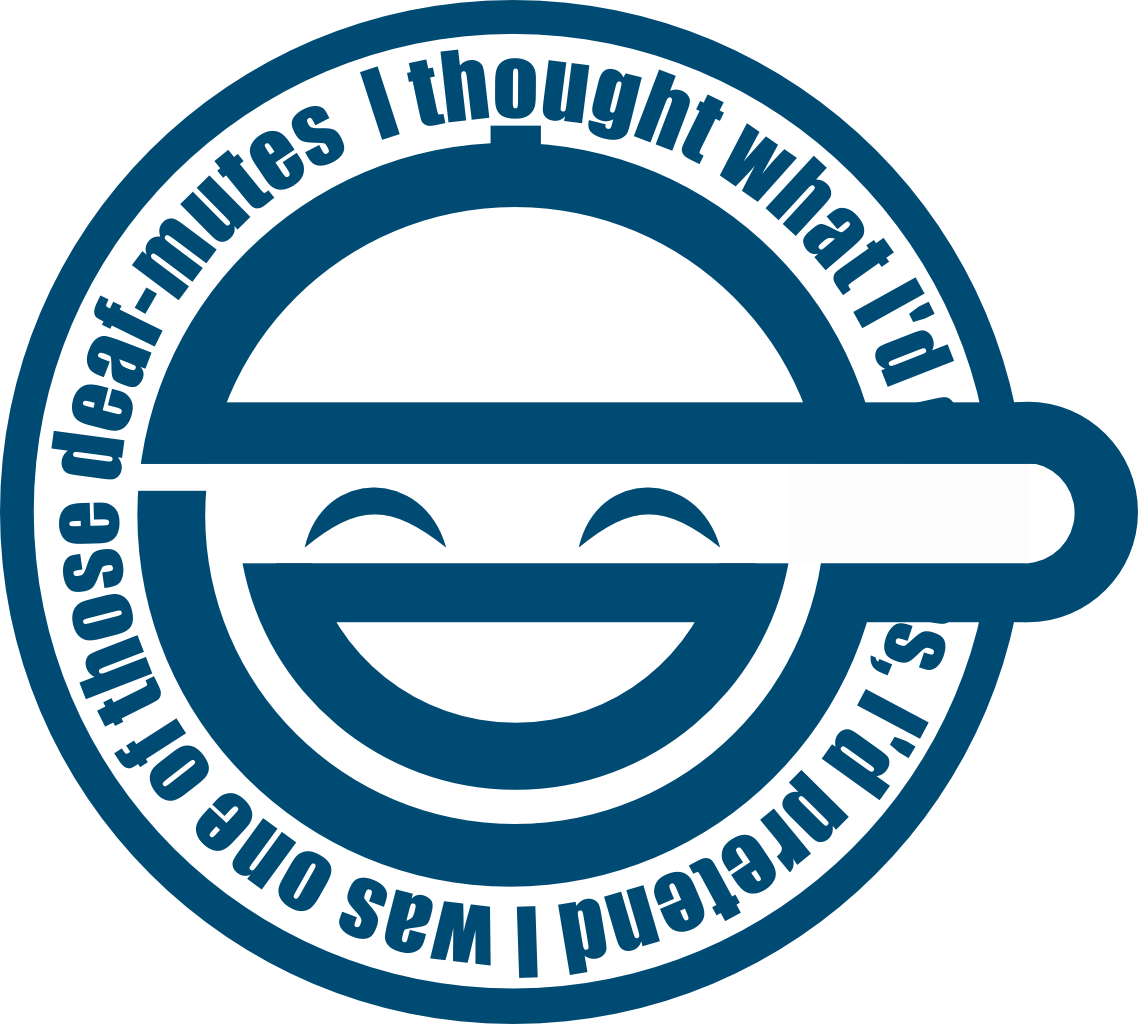So a few popular Linux distros decided to drop a few major packages like how red hat dropped rpm packages for libreoffice in favor for the flatpak packages.
If more distros decided to drop more packages from their main repository in favor for flatpak packages, then are there any obvious concerns? From my personal experience, flatpaks didn’t work well for me. If flatpaks become mainstream and takeover the linux distros, then I might just move to Freebsd. I just want to know if there is any positives to moving away from official repositories to universal repositories.
it is the present of linux
Please no. I don’t have enough hardware for it.
I don’t think the average user cares tbh. I have OpenSuSe, Fedora, Win 11, RHDesktop currently running. From an admin level though, so long as it’s well documented, transparent, and standard packages are available and maintained, I’m happy to continue to learn and be adaptable
I have also avoided flatpack and the like.
On Arch and other Arch based distros, if something isn’t in the community repo it’s extremely likely it’s in the AUR.
Of course, if you actually want to sandbox something, there’s always firejail and docker
I’d say it’s the future but it’s kind of already the norm. They’re just a lot better then system packages in a lot of ways. Predictable, one system developers have to target, portable, immutable, and system agnostic. Linux has needed this for a long time. This is similar to how apps on your phones work. Windows is going this route too, and I think OSX does it too but I don’t use that garbage os to know.
MacOS apps are sandboxed and signed by default now. The biggest problem I see with sandboxed apps is they require more disk space and ram, for example each electron app can’t leverage the same underlying WebKit engine. The real benefit is that you don’t have to worry about incompatible dependency versions wreaking havoc on your system. It’s very difficult to modify the underlying OS, which is overall a good thing for most users.
MacOS is similar but better. The sandboxing and permissions were planned and implemented long ago, and getting a new app is as simple as downloading its .app bundle and running it.
Mac OS X is based on some really good design, portability, security, and development environment. BUT some of the direction Apple has been taking for the last decade+ has made the platform less open and a lot less appealing to me (and others in my family).
I give them credit for vision that matches what some people want, and providing and experience that just works within that vision, but that vision doesn’t match what I want (or even need) from of desktop anymore.
The very fact that they work like mobile apps is a reason to dislike them, honestly. At least Flatpaks aren’t total fucking crap like Snaps.
well if flat pack dont work try snaps and from version of ubuntu?
I think it will make a great “app store” for Linux. Easy for the new or average user to find and install apps.
I’m a software engineer, but when it comes to configuring and managing my OS I think I have more in common with the average user than a power user. I just want to install programs and I want them to work.
The other day I wanted to install valgrind. Should be easy, right? I’m on the latest LTS version of Xubuntu. That should be the easiest thing in the world, just sudo apt install valgrind. Lo and behold, apparently I’m in an unresolvable dependency hell.
But turns out there’s a snap version of valgrind. Worked fine!
So what am I supposed to think? People bitch about snap, even here, but it works every time for me. Flatpak is the same thing to a guy like me.
Same for me, snaps work everytime, flatpacks rarely do.
Firefox would like a word….
Forced snap+Firefox is hell
Not for me, it always works smoothly.
I agree that the decision to force users to use firefox as a snap and take away their ability to use it as a .deb goes against the linux spirit in a meaningful way, but the firefox snap has been working really well for a while now and canonicals ‘political’ games don’t take away from snap’s fundamental improvements over normal packages.
I had the same experience trying to get a game (Stepmania) to work on Fedora. I could not resolve the damn dependencies. 3 hours later I found a flatpak of the game and it just worked immediately. I think I’m sold.
What’s flatpak
It’s a universal package manager for Linux.
Seems like so. It’s far from ready though. Until it is (if it ever is…), I’ll be happy on NixOS or MacOS (if I buy a macbook).
Yep, they’re the future.
I’m relatively newish to Linux and have come to notice that system packages run better for me than Flatpaks a lot of the time.
System packages only install packages that is missing. Flatpak brings with it everything. Something similar to Docker containers for applications.
deleted by creator
I’m liking them especially for long complile-time binaries that are otherwise difficult to keep up to date.
only played around with mint so no idea why folks hate flatpacks, it seems to be very seamless
Considering the Steam Deck accounts for a huge portion of Linux installs, I think flatpaks are going to be here to start and only grow in popularity.
I have to ask though, why do people dislike flatpaks?
I don’t like having to use two package managers, installing the OS using apt and applications use flatpak is just annoying.
That said, I don’t hate flatpak, it is overall very useful for desktop Linux.
Flatpaks are slow and take more resources. It is only useful for the riches who can afford 16 GB+ RAM and TBs of storage.
question, just how much bigger is say flatpack version of a program over the native package? Like right now I am running steam in back ground and I have like 8 youtube video loaded to play latter. Together my browser and steam are using 6 gb of ram. Witch I believe are snaps. How much bigger and slower are looking at?
The program itself isn’t really bigger, what makes the difference is that it won’t use the dependencies installed by your native package manager, it will download them, it also will download various runtimes if needed for the program, these runtimes are not really supposed to be ran if you compile the package yourself for your distribution, but if you use Flatpak, it is going to run all these runtimes for the program to work, these runtimes will use more RAM than the native build, if the runtime is not optimised, then it will also contribute to higher use of CPU and everything else in general.
It will differ from program to program, but I’ll let you know that I have natively compiled EasyEffects (real-time audio manipulation) and also have tried the Flatpak build. The native version hardly uses more than 5% CPU, and is also lightweight in terms of RAM. But the Flatpak build took significantly more RAM usage and my CPU went 80% whenever I played music with the same preset that I tested on the native build. Flatpak also had to download 700-900 MB worth of internet (no idea how much space it took after installation) for the program to run.
Ram and storage are both dirt cheap, I’d consider any new laptop/pc with only 8gb non upgradable RAM ewaste these days. 2tb NVMe drives have dropped below 100€ already and 1tb below 50€














